Espionage, an impending war, and the quest of one journalist to find a German child lost seventy years ago in England. Melanie Dobson’s latest critically-acclaimed novel Catching the Wind slips between the past and present as this journalist seeks to uncover what happened long ago.
In this interview, Melanie discusses how she researched and wrote her gripping, unforgettable book.
About the Author Melanie Dobson
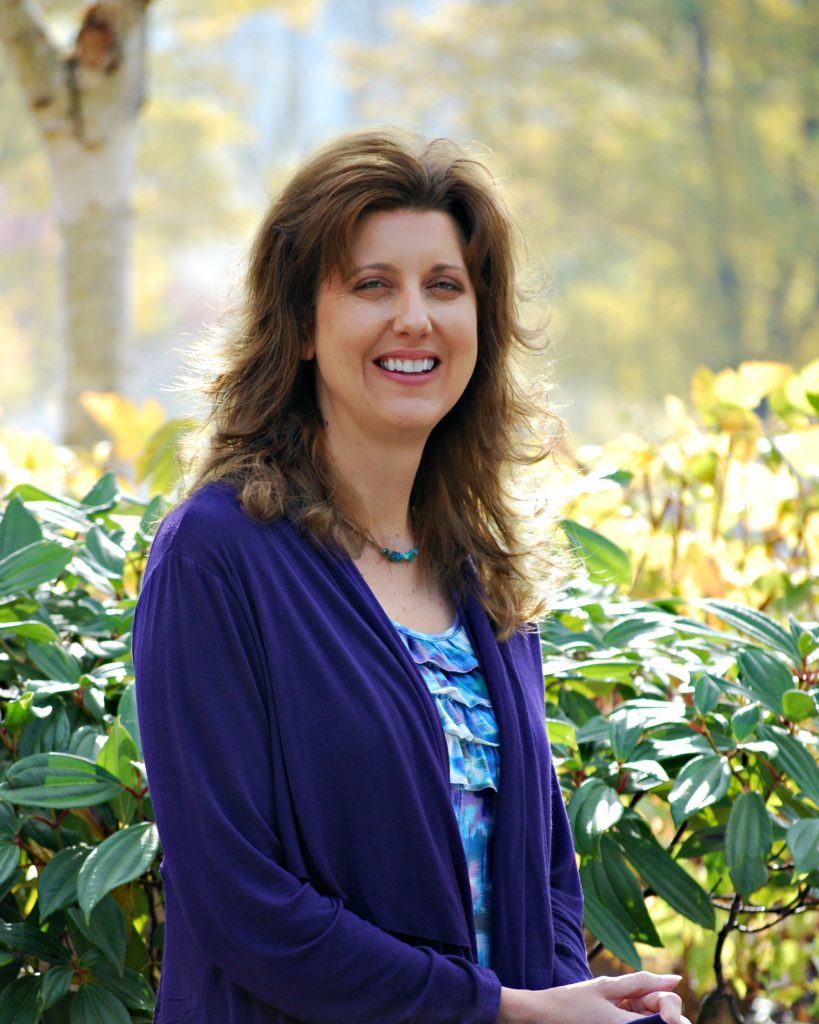
Writing fiction is a fun excuse for Melanie to explore ghost towns and old houses, travel to unusual places, and spend hours reading dusty books and journals. She is the award-winning author of eighteen historical time-slip, suspense, and contemporary novels including Catching the Wind, Beneath a Golden Veil, and The Silent Order.
Three of her novels have won Carol Awards, and Love Finds You in Liberty, Indiana won Best Novel of Indiana.
Melanie and her husband, Jon, have two daughters. After moving numerous times with Jon’s work, the Dobsons have finally settled near Portland, Oregon, and they love to travel and hike in both the mountains and the cliffs above the Pacific.
When Melanie isn’t writing or researching, she enjoys dancing, biking, and making up stories with her kids.
You can find more information about her and her books on her website.
Q: What is your novel Catching the Wind about?
What happened to Brigitte Berthold?
That question has haunted Daniel Knight since he was thirteen when he and ten-year-old Brigitte escaped the Gestapo agents who arrested both their parents. They survived a harrowing journey from Germany to England, only to be separated upon their arrival. Daniel vowed to find Brigitte after the war, a promise he has fought to fulfill for more than seventy years.
Now a wealthy old man, Daniel’s final hope in finding Brigitte rests with Quenby Vaughn, an American journalist working in London. He believes Quenby’s tenacity to find missing people and her personal investment in a related WWII espionage story will help her succeed where previous investigators have failed. Though Quenby is wrestling her own demons, and wary of the idea of teaming up with Daniel’s lawyer, Lucas Hough, the lure of Brigitte’s story is too much to resist. Together, Quenby and Lucas delve deep into the past, following a trail of deception, sacrifice, and healing that could change all of their futures.
Q: How did you become involved with the subject of your book?
More than a year ago, I sat down with a mug of green tea in my favorite coffee shop, scribbling down ideas for my next novel. Outside the window stood an old tree, a weeping cedar with its sturdy branches and dangling leaves that ballooned like a giant umbrella over the people drinking coffee and tea below.
In my mind’s eye, I saw two German children, the best of friends, playing high among those branches. In a tree house. They were in danger, though at the time I didn’t know what threatened them. I just knew the boy and girl had to run. And the girl would be lost along the way.
As I sipped my drink, the plight of Dietmar and Brigitte began unfolding. It was a gift to me, this story. Given by the Master Creator who, I believe, works powerfully through stories to redeem his children.
Q: What were your goals and intentions in this book, and how well do you feel you achieved them?
While researching in London, I spent time at the National Archives reading through a stack of recently released top-secret files as well as older documents about German espionage in the United Kingdom. Many British citizens sympathized with Nazi Germany for a multitude of reasons, and I read account after account of men and women who either gathered information for Hitler or attempted to wreak havoc on England’s facilities. There were handwritten letters from suspected spies, documents about micro photography, invisible ink, and secret codes, a worn file about a Nazi parachutist who became a double agent, and the transcriptions of interrogations conducted during and after the war.
Before World War II, hundreds of German agents gathered information in England about airfields, military bases, and factories, but hours after Great Britain declared war against Germany, British agents apprehended many of these men and women. They were either detained or deported back to Germany. Still, the Nazis continued sending men over during the war via plane or boat to gather information and sabotage the country.
While the threads of espionage stitched this novel together, my heart was not to expose those who betrayed their country, or those who came to a country bent on destruction, as much as to celebrate the redemption and resiliency of children removed or evacuated from their homes and sent to live in another place around the world. So many children today need to begin writing new chapters of redemption and love in the stories of their lives. Catching the Wind was written with a grateful heart to all those who’ve helped abandoned, orphaned, and refugee children begin a new story.
Q: What was the hardest part of writing Catching the Wind?
I write time-slip fiction where I weave together the past and contemporary stories until all is (hopefully) resolved at the end. The hardest part of writing this book was keeping track of the timing in both eras and making sure that the mystery is revealed slowly through multiple POV characters.
Q: What did you enjoy most about writing this book?
I love to research! My journey to research this story took me north of Oregon to the misty San Juan Islands, across the Atlantic to visit the historic streets and heaths in London and the beautiful gardens and villages of Kent, then down to Switzerland to tour the medieval fortress Chateau de Chillon.
Q: What’s the strangest thing you have ever had to research online or do for your book?
The latest was how to break into an ancient coffin. I contacted a local archaeology firm, and they were excited to help me though they made me promise that I wouldn’t try to do this on my own. I assured them that I would only be breaking into coffins on paper!
Q: As a child, what did you want to do when you grew up?
I was torn between being a writer and an archeologist. I worked in public relations for many years until I began using both my love of history and love of story to write historical fiction.
Q: At what age did you start writing stories or books?
I typed out my “autobiography” when I was nine. It wasn’t very long. 🙂 I began writing fiction when I was in middle school, mystery stories that were mirrored after Nancy Drew.
Q: How has your environment, family, and upbringing influenced your writing?
My husband and girls are incredibly supportive of my writing. I am so grateful for the sacrifices that they make so I can continue pursuing my dreams, and I’m constantly reminded that writing for me is not a solo profession. It takes a village of Dobsons working together to complete a novel.
Q: How many books have you written so far?
I’ve published eighteen novels and three novellas. I have a few more manuscripts collecting dust at the moment, perhaps one day I will publish those as well.
Q: Do you ever suffer a writers-block? If so, how do you overcome it?
When I’m in the midst of writing a novel, I write six days a week so the story is continually rolling around in my head. Each morning, I revise my work from the day before and then begin working toward my word count. This process helps me pour out my story one day and then edit it on the next, and it helps me overcome writer’s block because my head is fully immersed back into the story by the time I start writing again.
Q: Do you have an agent/publisher or do you self-publish?
I do both!
Q: Tell us about your self-publishing experience…
I am slowly regaining the rights to some of my older novels. I have repackaged and published one with seven more to follow soon. I really enjoy teaming up with my publishers so I don’t intend to go completely indie at this stage in my career, but I’m incredibly grateful for the opportunity to get my older historical books back out again.
Q: Do you have different agents/publishers for different books you write?
I have one (amazing!) agent but I have written for multiple publishers over the year. Right now, I’m contracted with two publishers, and I love working with both of them.
Q: Have you received any editorial reviews from noteworthy sources?
“Dobson creates a labyrinth of intrigue, expertly weaving a World War II drama with a present-day mystery to create an unforgettable story…. Dobson takes readers on an amazing journey through the British-German underground alliances of World War II. Melding past and present in unpredictable ways, this is a must-read for fans of historical time slip fiction.” (Publisher’s Weekly, Starred Review)
“A beautiful and captivating novel with compelling characters, intriguing mystery and true friendship. The story slips flawlessly between present day and WWII, the author’s sense of timing and place contributing to the reader’s urge to devour the book in one sitting yet simultaneously savor its poignancy.” (Romantic Times, Top Pick)
VERDICT: Carol Award–winning author Dobson Chateau of Secrets skillfully interweaves three separate lives as she joins the past and present in an uplifting tale of courage, love, and enduring hope. A strong choice for historical fiction fans who appreciate well-developed characters and settings. (Library Journal)
Q: Have you won any book awards or writing contests?
I’ve been honored to win the Carol Awards three times in three different categories, and “The Black Cloister” won the Foreword Award for Religious Fiction.
Q: What is your advice to Indie Authors?
This is an amazing time in publishing in that it is easy and inexpensive to publish your work independently and there are multiple opportunities to promote a new book online. My favorite book that I recommend to aspiring writers is 45 Master Characters by Victoria Schmidt. And I am an avid fan of the Scrivener software. As a historical novelist, it helps me keep everything organized and easily accessible.
Q: What do you like to do when you’re not writing?
I love to hike with my family in the mountains and explore new places. I also really enjoy dancing and practicing yoga and serving whenever possible through our church.
Q: What are your favorite books? What authors do you admire?
I enjoy reading novels written by authors like Kate Morton, Cathy Gohlke, Susan Meissner, and Lisa Wingate.
Q: What would you do if you weren’t a writer?
An archeologist…maybe. 🙂 I also enjoy teaching. It would have to be something with history and a lot of variety so I can keep learning.
Q: What do you love best about an author’s lifestyle and being an author?
I love to research and then create a new story from the sparks of an idea. I also love the flexibility of my writing schedule and being able to work most days at my local coffee shop or at my dining room table.
Thank you, Melanie Dobson, for taking part in our interview!
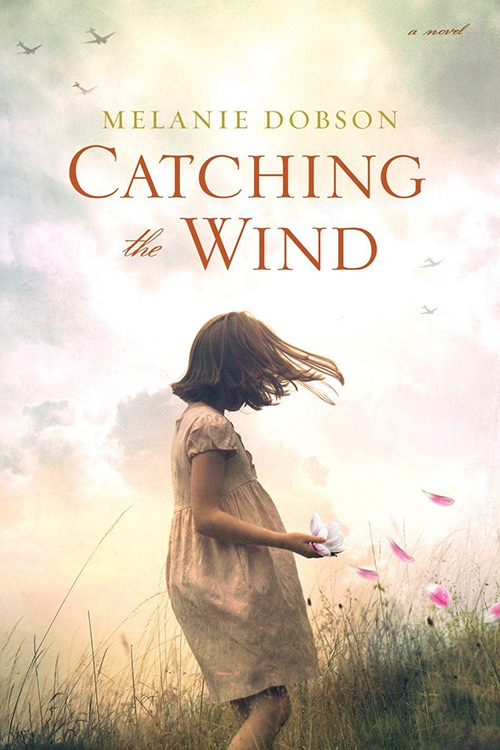
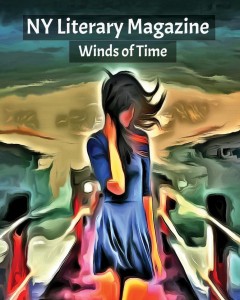
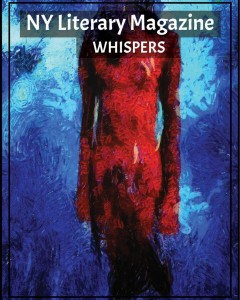
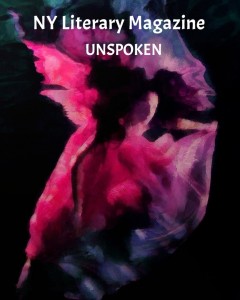
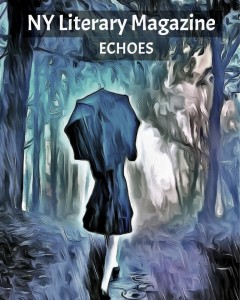
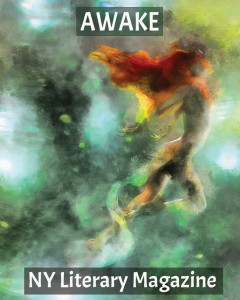
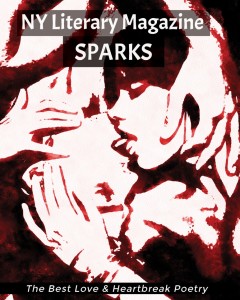
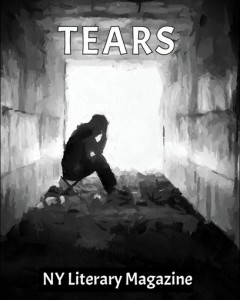
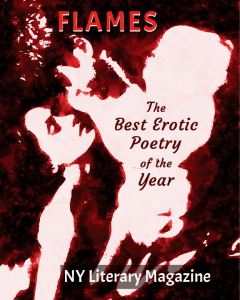


Leave a Reply
You must be logged in to post a comment.